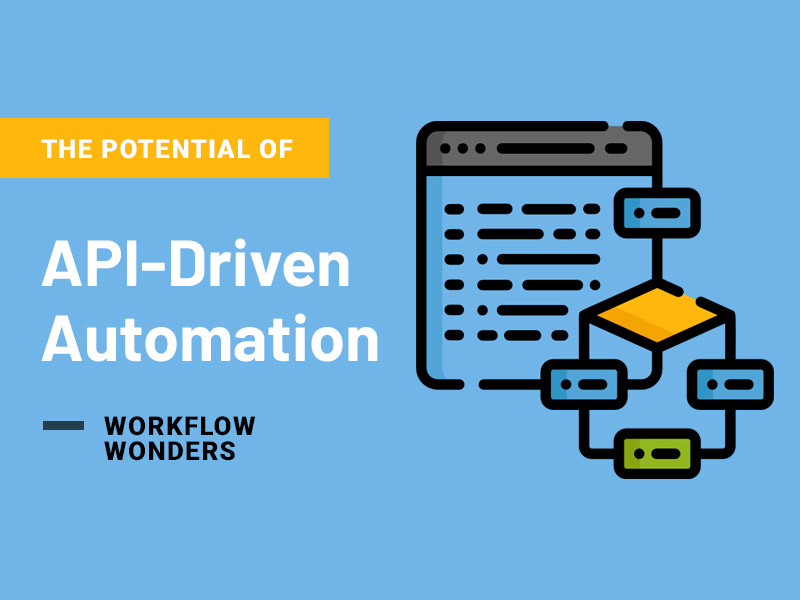In the fast-paced business world, efficiency and productivity are crucial to success. API-driven automation is one powerful tool to help companies streamline workflows. We’ll explore the transformative power of API-driven automation and how it can revolutionize workflows for business professionals.
API-Driven Automation: The Backbone of Modern Workflows
To truly appreciate the impact of API-driven automation, it’s essential to understand the role of APIs in the broader IT landscape. One vital component of this landscape is the API management platform, which allows businesses to create, deploy, and monitor APIs while ensuring optimal performance and security.
APIs serve as the bridge between different software components, fostering an environment of interoperability and collaboration. By leveraging APIs, businesses can create seamless connections between various systems and applications, enabling automated processes that significantly improve efficiency and productivity.
Streamlining Communication and Collaboration
API-driven automation can enhance organizational communication and collaboration by connecting disparate teams and systems. This seamless integration ensures that information flows smoothly between departments, eliminating bottlenecks and promoting a more collaborative work environment. Some benefits of API-driven automation for communication and collaboration include the following:
- Real-time data synchronization between systems
- Automated notifications and updates for team members
- Streamlined approval processes and workflows
Enhancing Customer Experience and Engagement
In the age of digital transformation, customer expectations are higher than ever. Companies must provide exceptional experiences and personalized interactions to keep their customers engaged and satisfied. API-driven automation can play a significant role in achieving this goal by:
- Automating customer support processes, such as ticket creation and escalation
- Personalizing marketing campaigns based on customer data and behavior
- Providing real-time access to critical information, such as order status and inventory levels
- By automating these customer-facing processes, businesses can offer faster, more accurate, and personalized experiences that drive customer satisfaction and loyalty.
Optimizing Operational Efficiency
One of the primary advantages of API-driven automation is its ability to optimize operational efficiency across various business functions. By automating repetitive and time-consuming tasks, companies can free up valuable resources, allowing employees to focus on more strategic and high-impact activities. Some areas where API-driven automation can optimize operational efficiency include:
- Finance: Streamlining invoice processing, expense approvals, and budget tracking
- Human Resources: Automating employee onboarding, time-off requests, and performance management
- Sales: Simplifying lead management, opportunity tracking, and contract approvals
Bolstering Data Security and Compliance
In a world where data breaches and cyberattacks are too common, businesses must take every precaution to protect their sensitive information. API-driven automation can help enhance security and compliance by:
- Automating the enforcement of security policies and access controls
- Ensuring data is transmitted securely between systems through encrypted communication channels
- Streamlining the monitoring and reporting of security incidents and compliance violations
Conclusion
As we’ve seen, API-driven automation has the potential to revolutionize workflows for business professionals, offering a wide array of benefits ranging from enhanced communication and collaboration to improved operational efficiency and data security. By embracing the power of APIs and leveraging the capabilities of modern API management platforms, businesses can harness the full potential of automation, creating streamlined workflows that drive success in the digital age.







